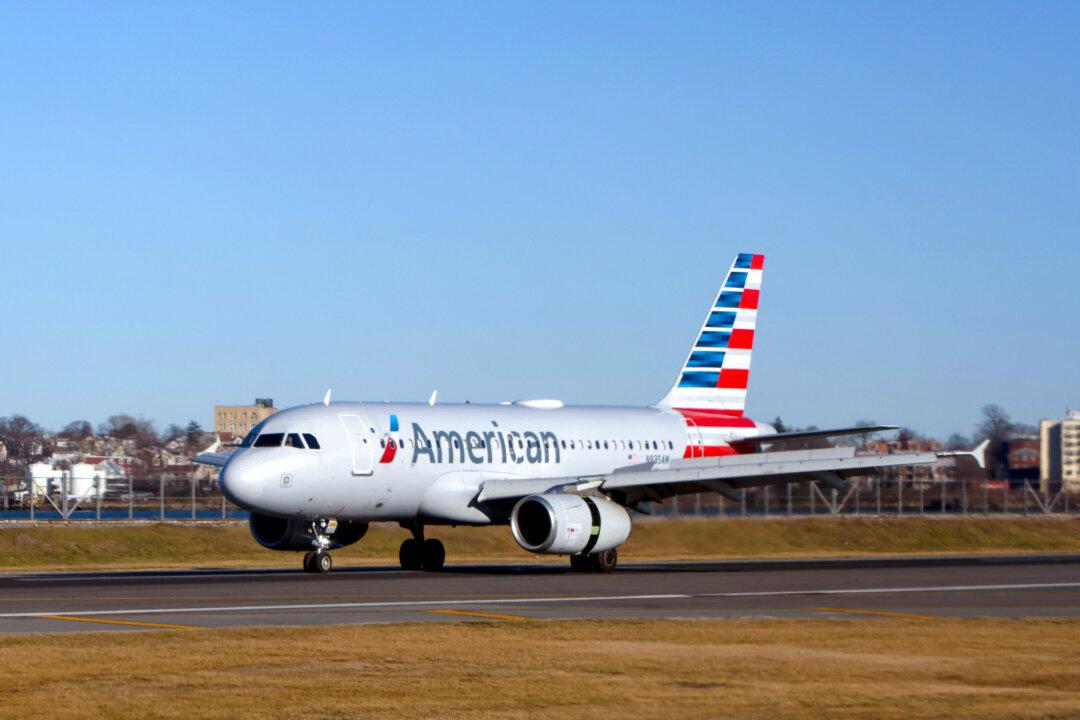American Airlines was hit by a racial discrimination lawsuit by black passengers who had been removed from a flight following a body odor complaint.
The lawsuit was brought by three of the eight passengers who were forced to disembark a Jan. 5 American Airlines flight from Phoenix to New York’s John F. Kennedy International Airport “without any valid reason, and solely based on their race.”





